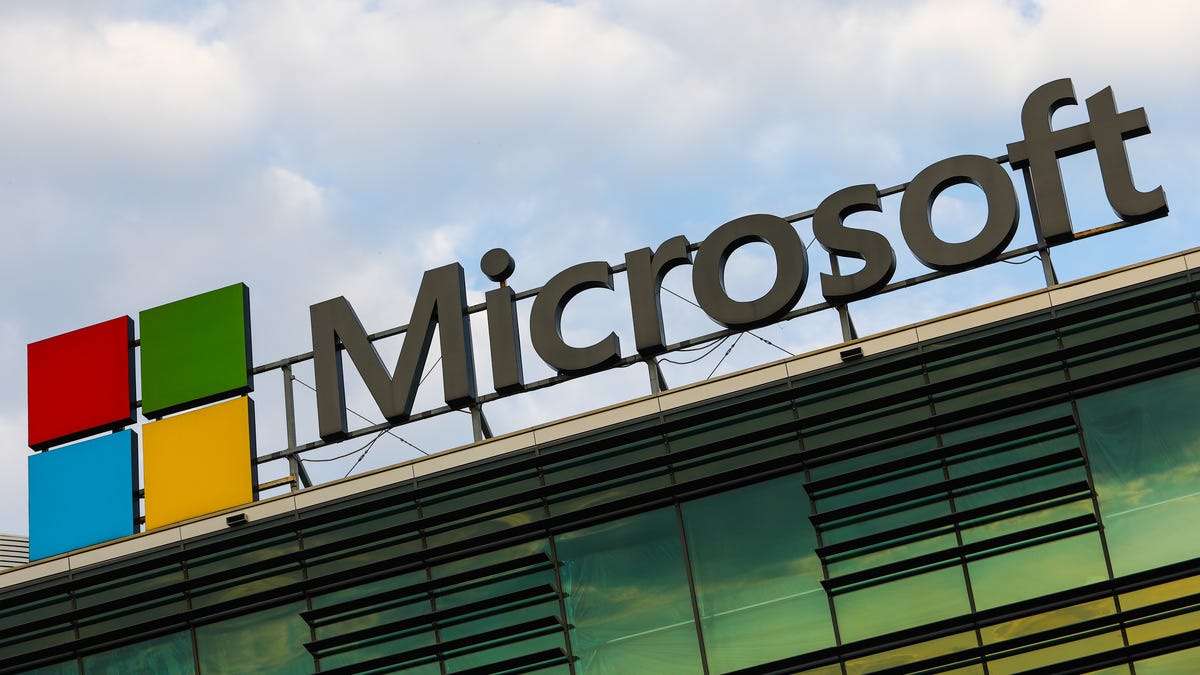Microsoft to partner with community colleges for cybersecurity jobs
Microsoft will help recruit and train 250,000 people for cybersecurity jobs over the next four years.

Microsoft will partner with community colleges to recruit and train 250,000 people for cybersecurity jobs over the next four years in an effort to address the continued workforce shortage in the industry.
As part of the effort, Microsoft will supply "tens of millions of dollars," along with help in developing curricula and training faculty, the company said Thursday.
"This is an opportunity for us to get started, not a ceiling on what we will do," Microsoft President and Vice Chairman Brad Smith said during an online press conference. Smith added that after the initial period, Microsoft will assess the program and make additional investments "where it makes sense."
Specifically, Microsoft will make cybersecurity curricula available for free to community colleges nationwide, provide training for new and existing faculty at 150 community colleges, and supply scholarships and other resources to 25,000 students, including funding for certification tests and childcare.
Smith said that quickly filling the hundreds of thousands of vacant cybersecurity jobs is of utmost importance as US companies face an increasing onslaught of cyberattacks from nation states, as well as from criminal organizations armed with the latest ransomware.
Earlier this year, a major oil pipeline and a huge meat-processing company were hit by cybercriminals who demanded millions of dollars in ransom to unlock their computer systems. Both Colonial Pipeline and JBS USA Holdings ended up paying, but not before the attacks caused gasoline and meat shortages.
Smith said many of the recent cyberattacks could've been prevented, or at least substantially mitigated, if the companies had just followed basic cybersecurity best practices. But that's tough to do if companies don't have the skilled workers they need.
According to Microsoft, there are currently about 464,000 open jobs in the US that require cybersecurity skills, which accounts for about 6 percent of all open jobs in the country.
While many of them don't require a four-year college degree, they do involve specialized training. And that's where the community colleges come in, Smith said. Those schools have the ability to reach people that otherwise might not be able to receive an education, such as those who need to balance existing work or family needs.
On top of that, community colleges enroll higher percentages of women and minorities than most four-year universities do. And that could help bring needed diversity to the cybersecurity industry, which is overwhelmingly white and male, Smith said.
Ruthe Farmer, founder and CEO of the Last Mile Education Fund, said a little extra help can sometimes make the difference between success and failure for many struggling students.
Her organization, through which Microsoft will provide 10,000 of the scholarships to low-income students, supplies emergency funding to help solve problems that might derail a student's education, like fixing a broken-down car or providing funds to cover exam costs.
"We need to invest in the talent that's in the pipeline right now," she said, noting that graduation rates for the poorest of students sit at about 14 percent after eight years of school.
"If they're not finishing, that talent is wasted."

